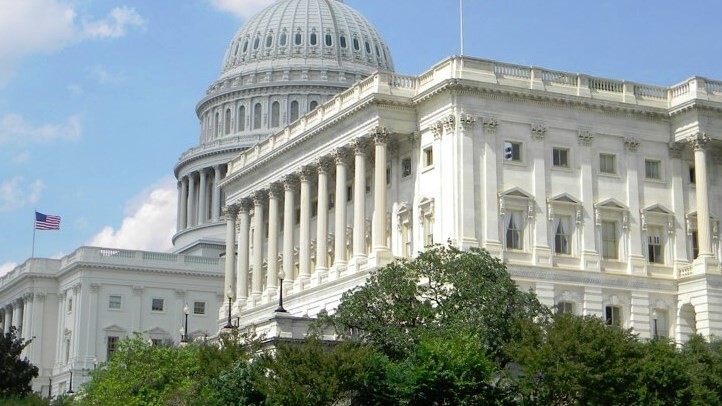
Today the Senate approved a pervasive Internet sales tax, voting the issue forward 69 to 24. The passage of the bill was not a surprise. There has been pushback from some however, who view the idea as the leveling a new tax on the nation, which is in their view unpalatable.
Senator Ted Cruz, for example, pushed back against the measure in an op-ed:
The misleadingly titled Marketplace Fairness Act is a job-killing tax hike, plain and simple. It is, in effect, a national Internet sales tax, which would hammer the little guy and benefit giant corporations.
Senators who vote for it are voting to impose audits, compliance costs, lost wages, and inefficiency on small businesses in every state. And they are potentially crippling an engine of new job creation at a time of economic struggle. This bill will not create jobs; it will not create new opportunities; and it will not create the economic growth our country needs and our people deserve.
The exclusion of businesses that have revenue of below $1 million per year is not enough, in his view; the cost of compliance for companies will be too high, in his view.
The argument in favor of the bill is simple: by not charging sales tax, goods sold online are cheaper, giving certain companies an advantage over their brick-and-mortar competition. The goal of the Marketplace Fairness act is in theory just that, to create a more fair marketplace.
The House will likely amend the bill, raising the threshold for compliance to something greater than $1 million, excepting many more firms from the law. A floor of $5 million in yearly revenue would drastically change the percentage of companies that are forced to comply. TechCrunch, according to unnamed sources, reported that the threshold could be raised to as high as $10 million in yearly revenue.
The bill could run into stiffer than expected headwinds in the House, where the anti-tax mood remains unabated. Still, I would bet that we’ll have something passed in the next few weeks. More as it happens.
Top Image Credit: ttarasiuk
Get the TNW newsletter
Get the most important tech news in your inbox each week.





